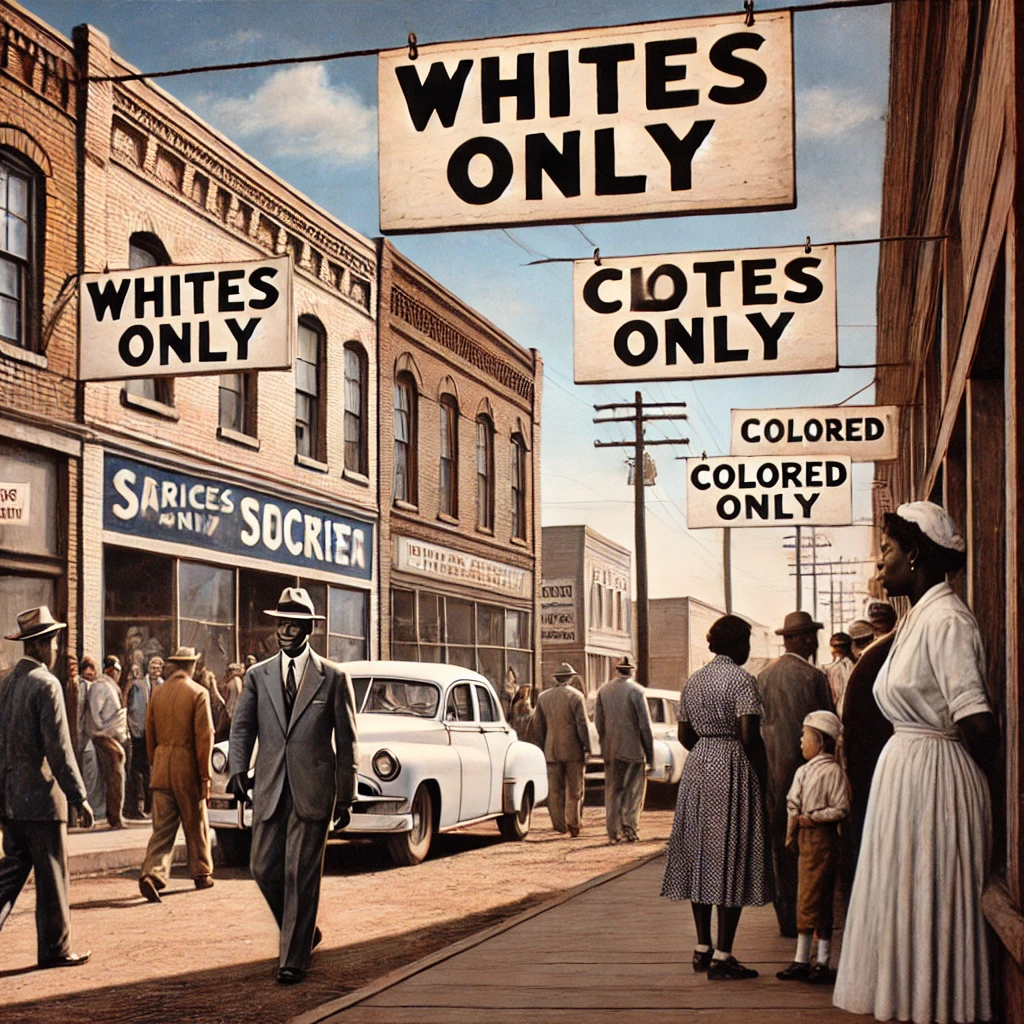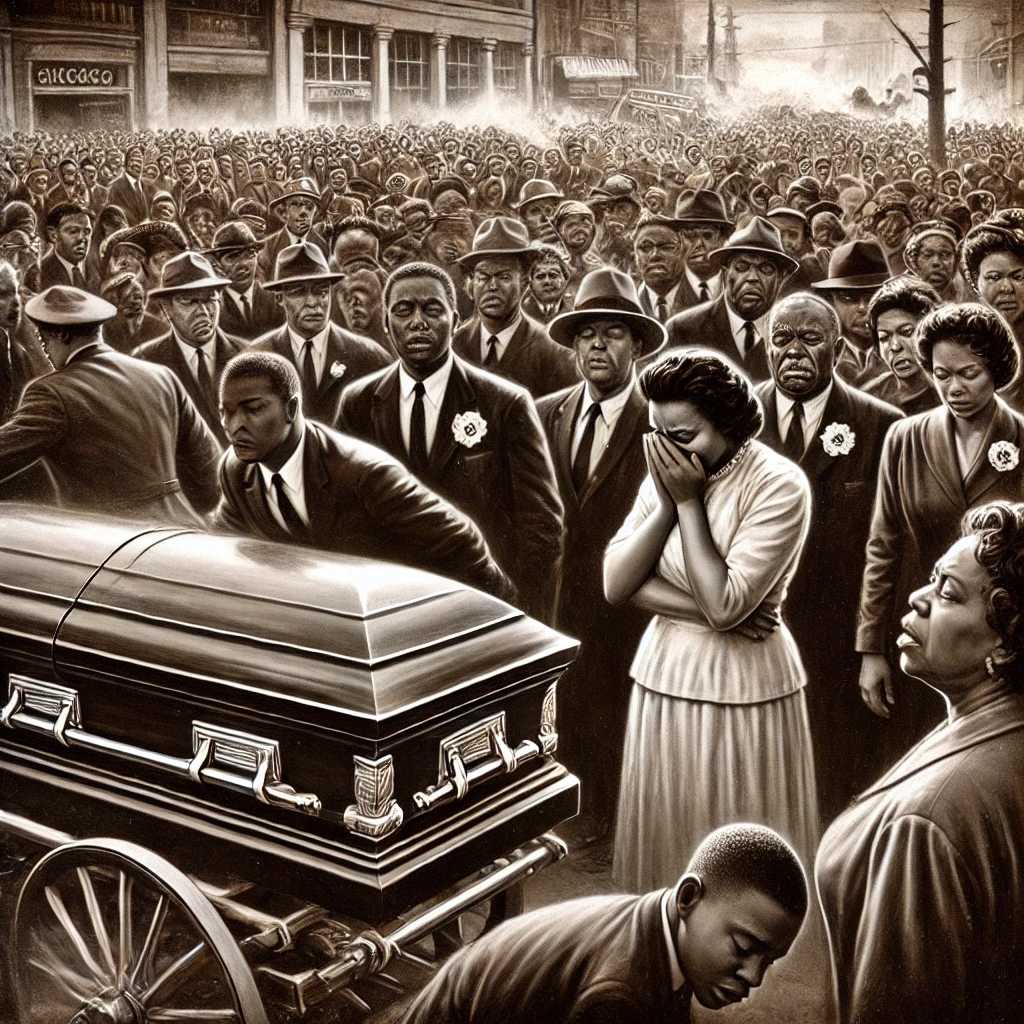On August 28, 1955, 14-year-old Emmett Till was brutally murdered in Mississippi, an event that would become a defining moment in the Civil Rights Movement. Till, a Black teenager from Chicago, was visiting relatives in the small town of Money, Mississippi. While in a local grocery store, he was accused of whistling at or offending Carolyn Bryant, a white woman. This accusation, based on little evidence, sparked a horrifying sequence of events that led to Till’s abduction, torture, and murder by two white men, Roy Bryant and J.W. Milam.
Till’s mutilated body was discovered in the Tallahatchie River three days later. His remains were so disfigured that his mother, Mamie Till-Mobley, insisted on an open-casket funeral to expose the horrific violence inflicted upon her son. The decision to display Till’s body was a powerful statement that brought national and international attention to the brutality of racial violence in the segregated South.

The Legal Battle and Public Outcry
The murder trial of Roy Bryant and J.W. Milam, held in September 1955, was marked by blatant racial bias. Despite substantial evidence linking the two men to Till’s murder, including eyewitness testimony, the all-white jury acquitted them. The trial’s outcome was a stark illustration of the deep-seated racial injustice that pervaded the American legal system. The acquittal sparked outrage and highlighted the systemic failure to deliver justice for African Americans in the Jim Crow South.
The trial and its verdict ignited a wave of public outrage and mobilized civil rights activists. The brutal nature of Till’s murder, coupled with the failure to secure justice, galvanized a generation of activists and became a rallying cry for the Civil Rights Movement. The widespread media coverage and the visceral impact of Till’s death were instrumental in increasing awareness of racial violence and the urgent need for civil rights reforms.

The Impact on the Civil Rights Movement
Emmett Till’s murder had a profound impact on the Civil Rights Movement, serving as a catalyst for change. The widespread publicity surrounding Till’s death and the subsequent trial underscored the urgent need for action against racial violence and discrimination. The case became a rallying point for civil rights activists and organizations, fueling momentum for the movement’s efforts to secure justice and equality.
The attention garnered by Till’s murder contributed to the broader push for civil rights legislation. It played a significant role in the eventual passage of landmark laws such as the Civil Rights Act of 1964 and the Voting Rights Act of 1965. The case highlighted the need for federal intervention to protect the rights of African Americans and ensure that justice was served in cases of racial violence.

Emmett Till’s Enduring Legacy
Emmett Till’s legacy continues to resonate as a powerful symbol of the struggle for racial justice. His story is remembered as a pivotal moment in American history, underscoring the brutality of racial prejudice and the ongoing fight for equality. The legacy of Emmett Till is honored through various educational initiatives and memorials that aim to keep his memory alive and educate future generations about the importance of confronting racial injustice.
The impact of Till’s murder extends beyond the immediate context of the Civil Rights Movement. It serves as a reminder of the ongoing need to address racial discrimination and promote social justice. The story of Emmett Till remains a critical part of the narrative of American history, highlighting both the progress made and the challenges that persist in the pursuit of true equality. The commemoration of his life and death on August 28th is a testament to the enduring relevance of his story in the ongoing struggle for civil rights and justice.
